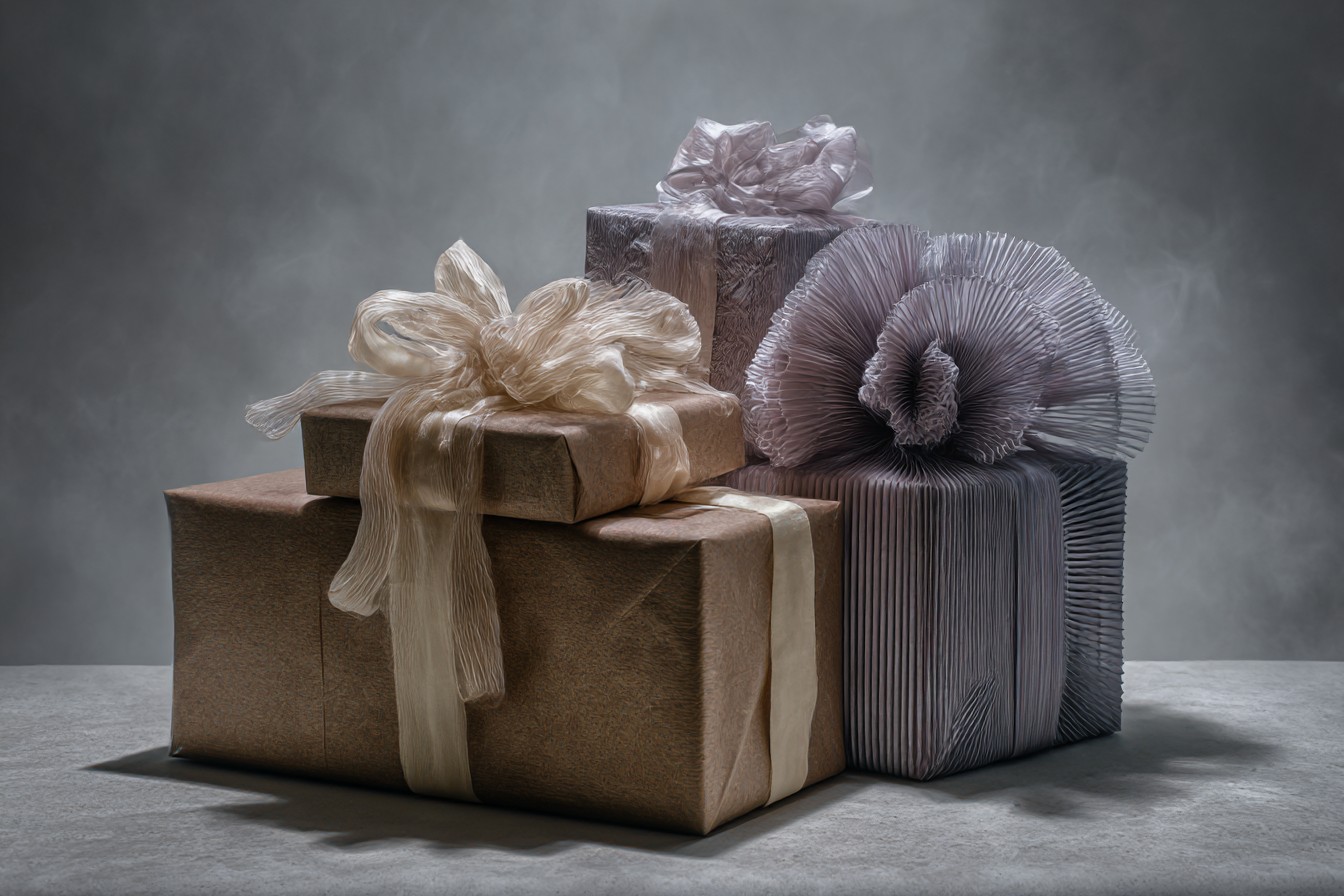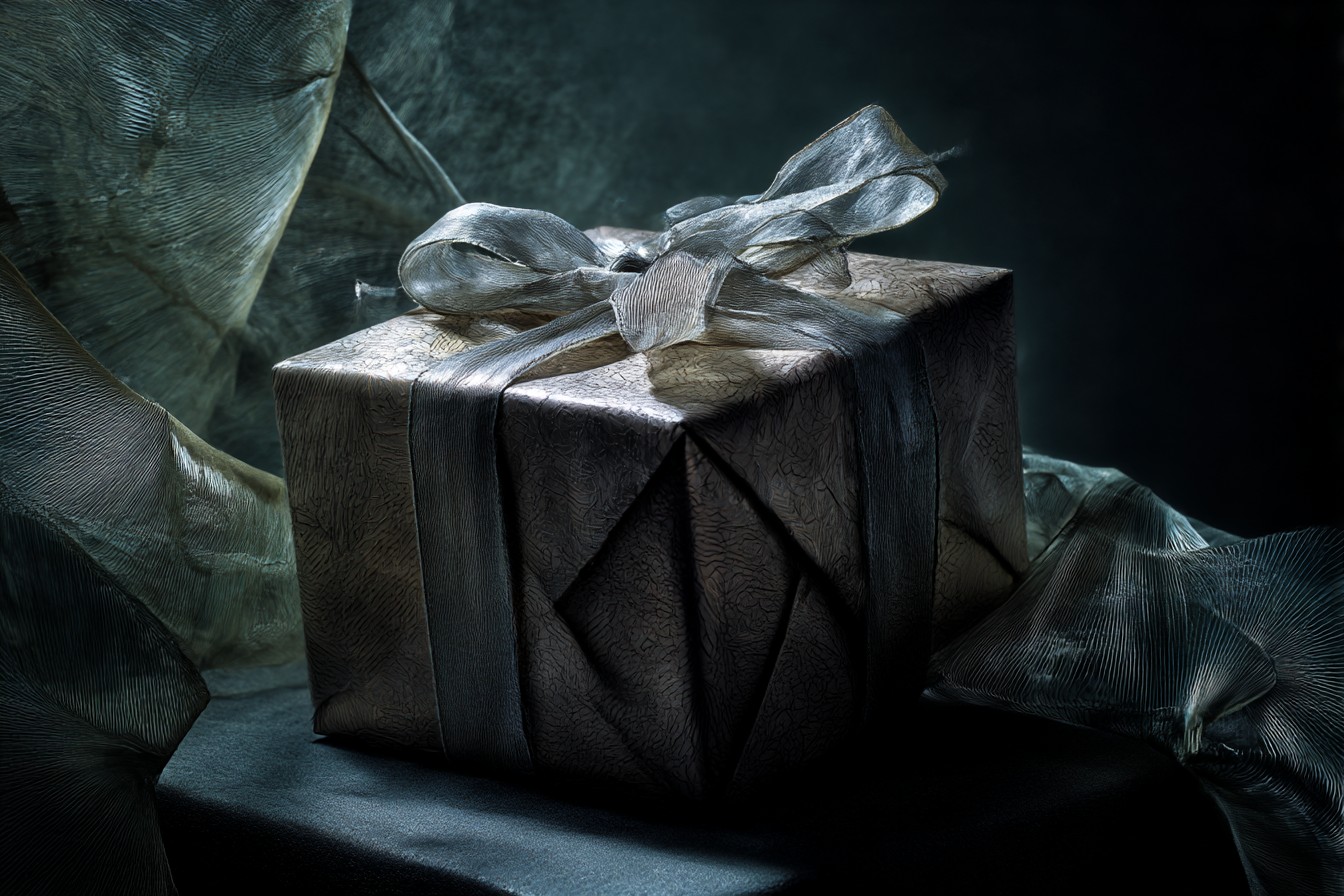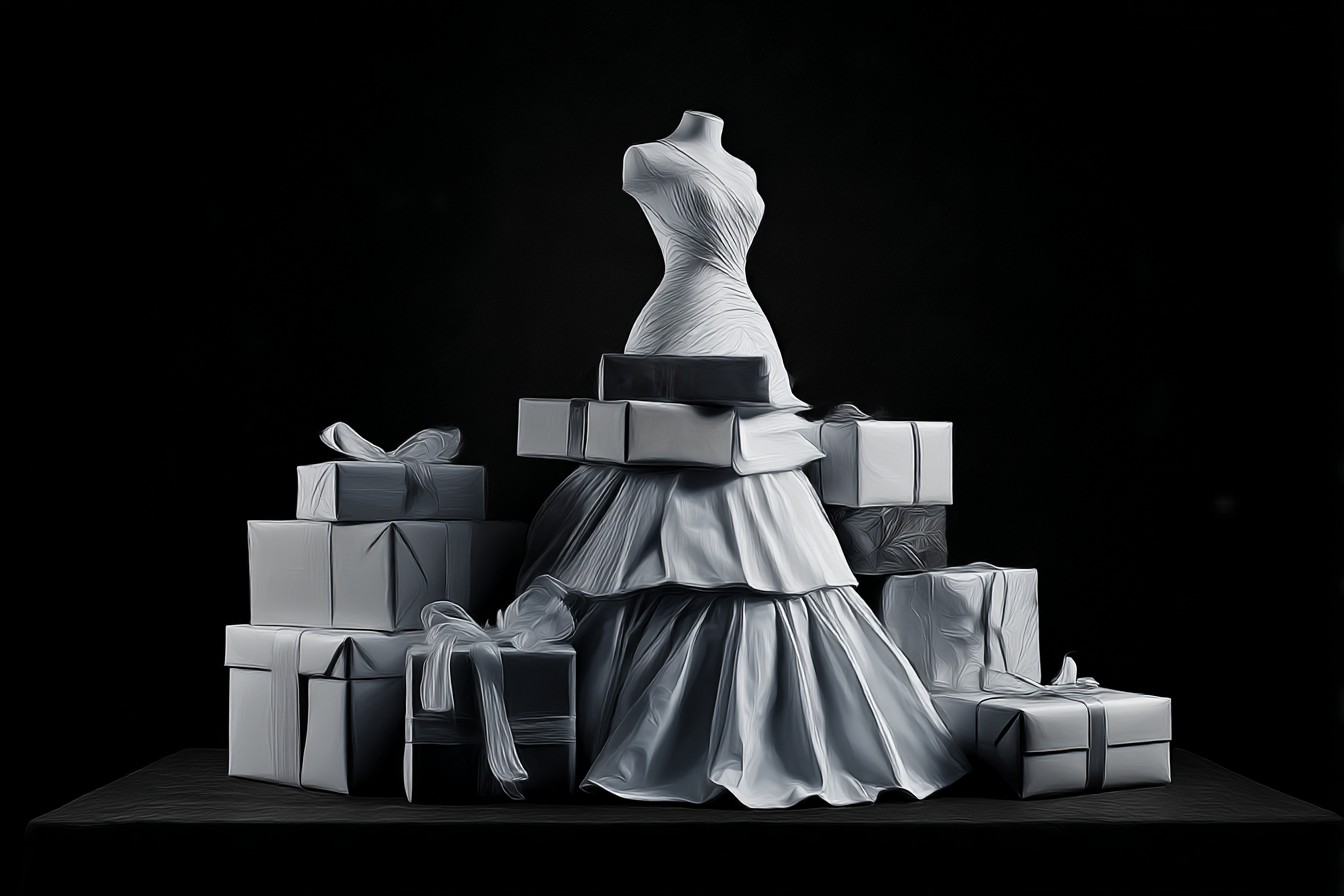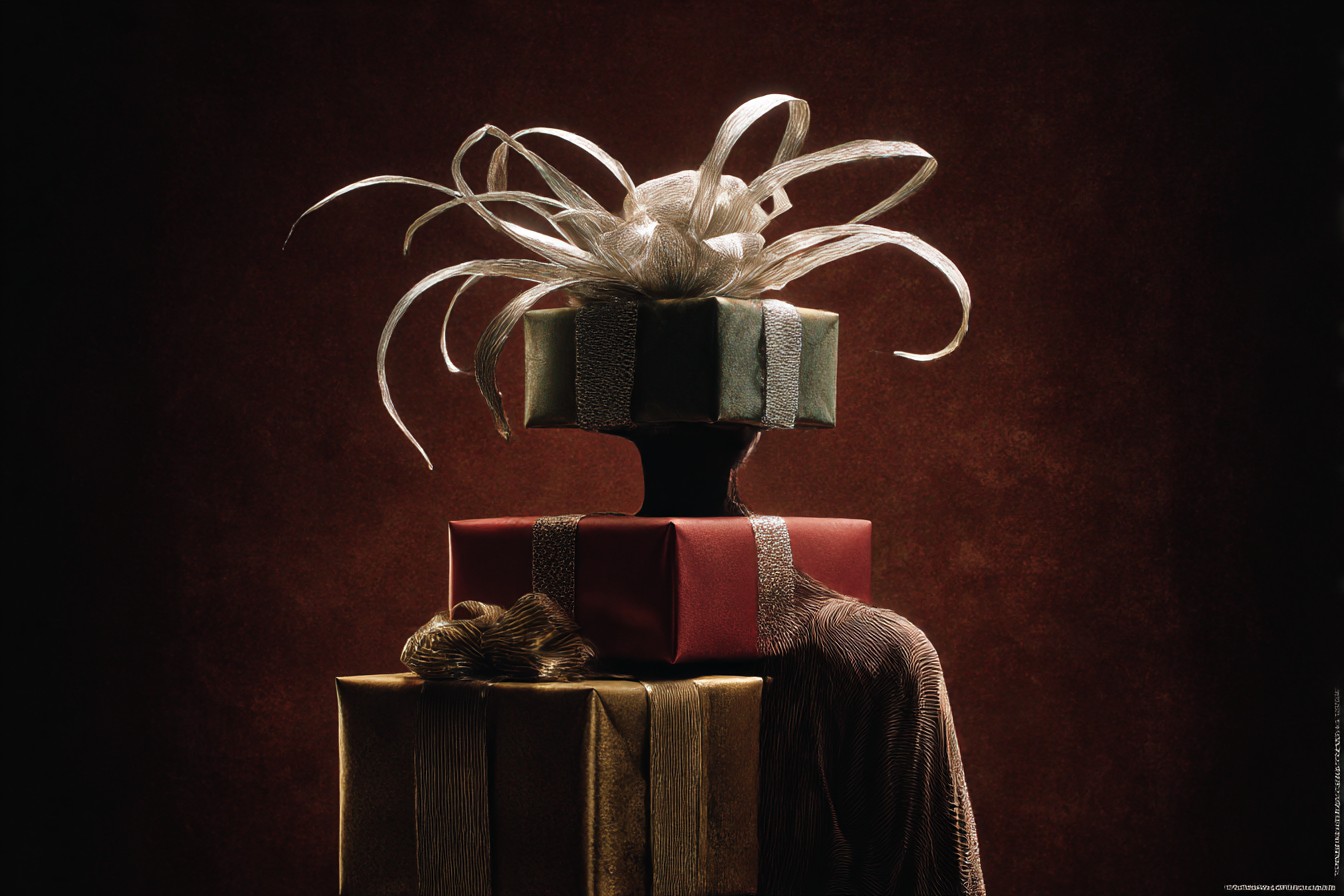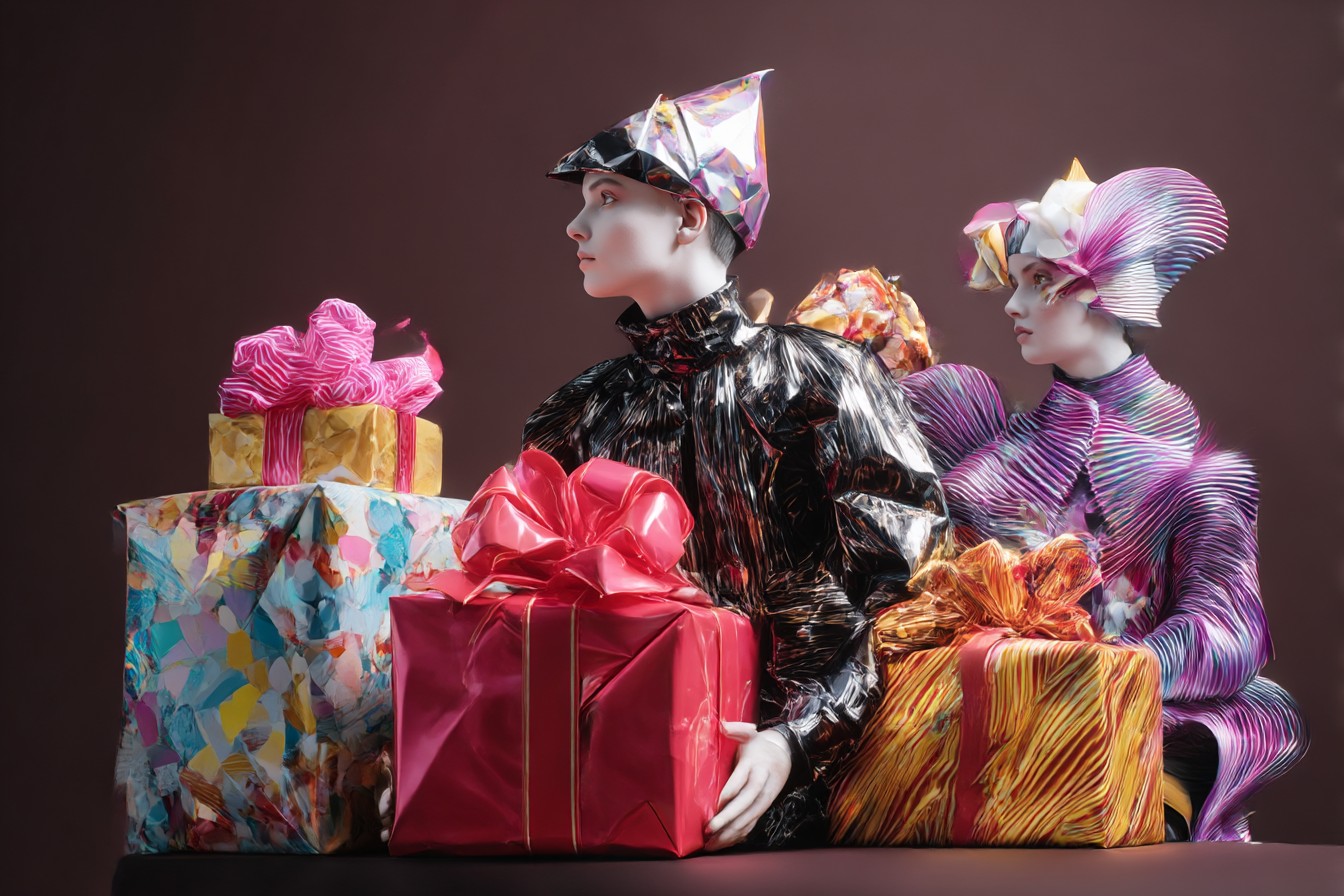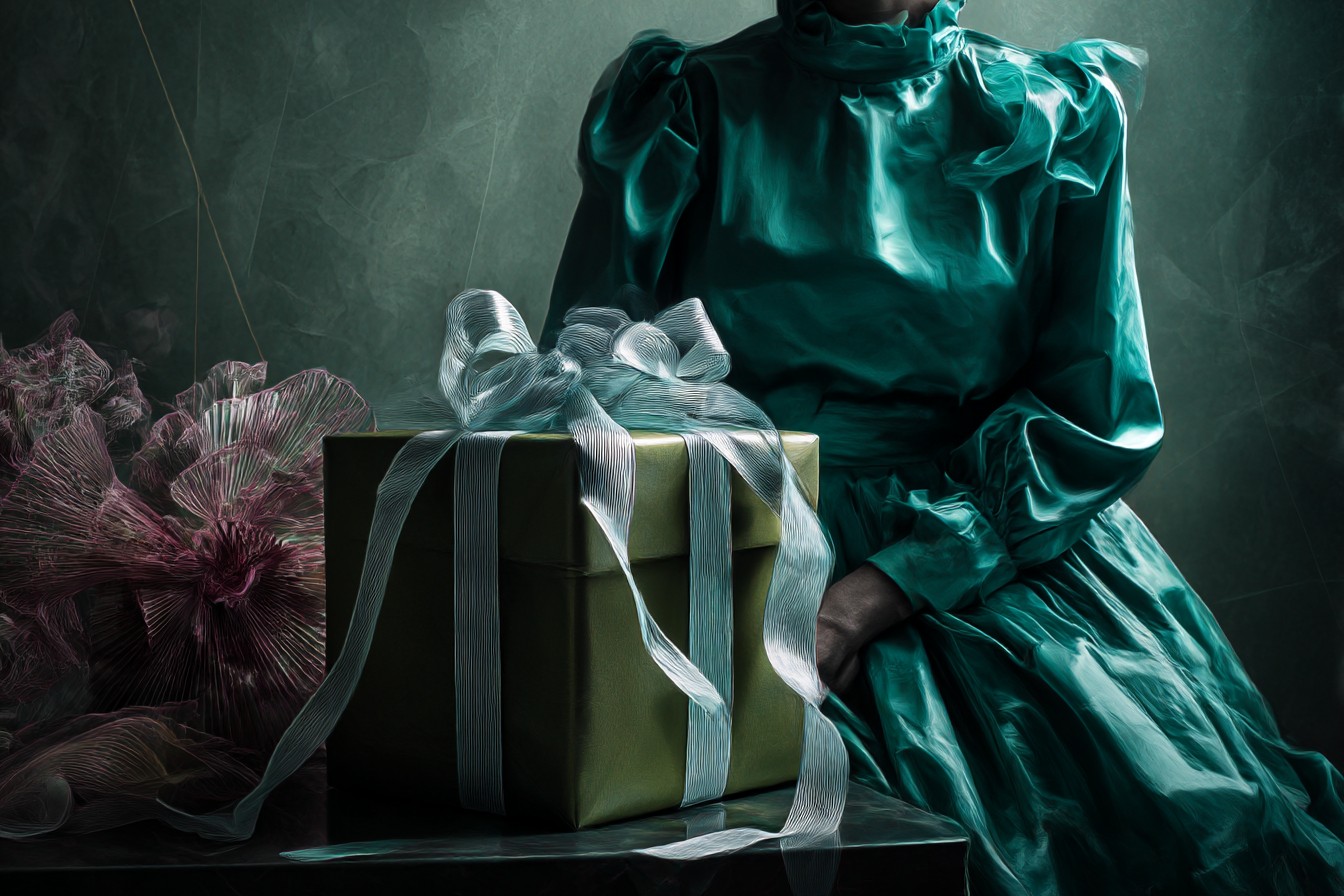I never understood the magic of delayed gratification in gift-giving until my great-aunt Mildred gave me a weird little book for my thirteenth birthday. It was one of those presents you smile politely at while mentally plotting its journey to the donation pile. A small, leather-bound journal with yellowing pages and an inscription in handwriting so elegant it was nearly illegible.
“For Olivia – May you find the words when you need them most. Love, Aunt Mildred”
I thanked her with all the enthusiasm a teenager could muster for something that wasn’t lip gloss or a CD (it was the early 2000s, cut me some slack), and promptly stuffed it in my desk drawer where it sat untouched for nearly three years.
Then my first serious heartbreak happened. I’m talking about the earth-shattering, can’t-eat, everything-is-terrible kind that only sixteen-year-olds can truly experience. After crying for approximately forty-eight hours straight, I yanked open my desk drawer looking for tissues and rediscovered Aunt Mildred’s journal. Something about those blank, slightly musty pages seemed like the perfect place to pour out my teenage angst. I wrote until my hand cramped, filling page after page with melodramatic declarations about never loving again.
That journal became my lifeline through high school. The gift I’d dismissed became the keeper of my deepest thoughts, wildest dreams, and most embarrassing moments (like my detailed plan to “accidentally” bump into my chemistry lab partner at the mall). When I graduated, it was full to bursting with movie ticket stubs, dried flowers, and the messy handwriting of my formative years.
I called Aunt Mildred out of the blue to thank her properly. “I knew you weren’t ready for it yet,” she said with a laugh, “but I figured someday you would be.”
She was right. And that’s the thing about delayed gift significance – sometimes the perfect present arrives long before we’re ready to appreciate it.
I’ve spent an embarrassing amount of time thinking about this phenomenon since becoming a professional gift-giver (okay fine, a gift editor, but “professional gift-giver” sounds more magical). I’ve interviewed hundreds of people about their most meaningful possessions, and a pattern emerged that I found fascinating – many of their most treasured items weren’t appreciated until long after they were received.
Take my friend Marcus, who received a high-end coffee grinder from his father when he moved into his first apartment. “I was twenty-two and living on ramen,” he told me. “The last thing I needed was this fancy grinder when I was drinking instant coffee from chipped mugs.” The grinder sat unopened in its box for nearly four years, moving from one dingy apartment to the next.
Then Marcus’s dad passed away unexpectedly. Two weeks after the funeral, he found himself unpacking the grinder, reading the note his father had tucked inside: “For when you’re ready to enjoy the finer things. Life’s too short for bad coffee.” Now Marcus credits his borderline obsessive coffee ritual as his daily connection to his father. “Every morning, I grind those beans and think of him. It’s like he knew exactly who I’d become before I did.”
This happens more often than you’d think. We receive gifts that don’t quite fit our present circumstances or interests, but somehow, the giver has tuned into a future version of ourselves we haven’t met yet.
My cousin Sadie received a set of gardening tools from her grandmother when she was still living in a tiny studio apartment without so much as a windowsill to grow herbs. “I smiled and said thank you, but I was thinking, ‘What am I supposed to do with these?'” The tools were stored in her parents’ garage for years until Sadie and her husband bought their first home. “I remembered those tools when we were standing in our backyard, making plans. Now I use them every weekend, and I swear I can feel my grandmother guiding my hands when I’m planting.”
I’ve come to call this the “time-release gift effect” – presents that activate their full potential only after time has passed, circumstances have changed, or perspectives have shifted. Like those slow-dissolving tablets that release medicine gradually, these gifts unfold their meaning over months or even years.
Jake experienced this with a weird gift I gave him when we were first dating. I’d noticed he always had chapped lips but never carried lip balm, so I bought him this gorgeous handmade leather keychain with a little brass capsule that could hold a tiny lip balm. He clearly thought it was strange (his exact words were “Oh… thanks?” which is universal code for “I have no idea what to do with this”).
For months, that keychain sat unused on his dresser. Then winter hit Boston with its usual brutality, and suddenly that little brass capsule became his constant companion. Six years later, he still uses it daily and has replaced the lip balm countless times. Just last week he said, “Remember when I thought this was the weirdest gift ever? Now I panic if I can’t find it.”
There’s actually some fascinating psychology behind why these delayed-significance gifts often become our most treasured possessions. Dr. Elizabeth Dunn, a happiness researcher at the University of British Columbia, suggests that gifts that unfold their value over time create multiple positive emotional experiences – the initial receipt, the moment of rediscovery, and then the ongoing appreciation. It’s like getting the same gift three times!
But there’s more to it than just repeated pleasure. These gifts often connect us to people across time in ways that immediately useful presents sometimes don’t. They can become physical anchors to relationships, especially after someone is gone.
My colleague Wei shared a story that nearly broke me. Her mother gave her a jade bracelet for her sixteenth birthday that Wei thought was hopelessly old-fashioned. “I wore it the day she gave it to me, then tucked it away in my jewelry box for nearly a decade,” she told me. After her mother’s passing, Wei found herself wearing the bracelet daily. “Now I understand what my mother was trying to give me – not just a piece of jade, but a connection to her, to our heritage, to the strength she wanted me to carry.”
I’m not crying, you’re crying. Okay, I’m definitely crying.
Sometimes the delayed effect works because we literally weren’t ready for the gift when we received it. My brother gave me a high-end blender for Christmas the year I lived exclusively on takeout and microwave meals. I remember thinking it was such a presumptuous gift – like he was judging my eating habits (he absolutely was). That blender stayed in its box for two years until a health scare forced me to reconsider my diet. Suddenly, that untouched appliance became the centerpiece of my kitchen counter and my reluctant first step toward actual cooking.
When I finally thanked him properly, he just smirked and said, “I played the long game.” Smug jerk was right. (Love you, Jason!)
The most profound example of delayed gift significance in my life came from my grandfather. Pop-Pop was a man of few words but many books. His home office was floor-to-ceiling shelves, each one packed with history books, biographies, and classic literature. When I was ten, he gave me a copy of “To Kill a Mockingbird” with a simple note inside: “For when you’re older.”
I was annoyed. I was already reading well above my grade level, thank you very much, and I didn’t appreciate the suggestion that a book was beyond me. The novel was shelved with a child’s indignation and forgotten.
At fifteen, I pulled it down for a school assignment. As I read, I discovered Pop-Pop had underlined passages and written tiny notes in the margins – questions, observations, and connections to his own Depression-era childhood in Alabama. Reading those margins was like having a conversation with him across time and pages. When I called to discuss the book, he remembered every annotation he’d made years before.
That copy became the first in what Pop-Pop and I called our “margin conversations” – books we passed back and forth, adding our thoughts in different colored pens. After he died, I found he’d left me his entire library, with dozens of books containing notes addressed directly to me, waiting for the day I’d discover them.
“You’ll disagree with me here, Livvy, but that’s okay,” he’d written in the margins of a political biography. “I wonder what you’ll think about this when you read it,” appeared next to a passage about changing social norms. He’d created a treasure hunt of thoughts that I’m still discovering fifteen years after his death. Those books – particularly the ones I haven’t read yet – might be the most meaningful gifts I’ve ever received.
The funny thing about writing this piece is realizing how many of my own gifts have followed this pattern. The vintage typewriter from my college roommate that seemed impractical until I developed writer’s block five years later and found that physically hammering keys broke through my creative paralysis. The expensive hiking boots from my mother that felt like a waste until I moved to New England and discovered a passion for weekend trails. The cookbook of labor-intensive French pastries that gathered dust until the pandemic lockdowns gave me nothing but time.
I’ve started to wonder if the best gifts might be the ones that don’t make perfect sense right away. In our Amazon Prime world of instant gratification and algorithm-perfect recommendations, there’s something magical about receiving something that feels slightly misaligned with our current selves but somehow anticipates who we might become.
Maybe the greatest gift-givers aren’t the ones who nail exactly what we want right now, but those who see us more completely – past, present, and future versions all at once. They give not to the limited person standing before them, but to the expansive person we’re still becoming.
So the next time you receive a gift that makes you think “um… thanks?” – don’t be too quick to donate it or stick it in the regifting closet (don’t pretend you don’t have one). Maybe, just maybe, it’s not meant for who you are today, but for who you’ll be tomorrow.
And if you’re the giver of such forward-thinking presents? Have patience. Your moment of gift-giving glory might be years in the making – but when it comes, it will have been absolutely worth the wait.
